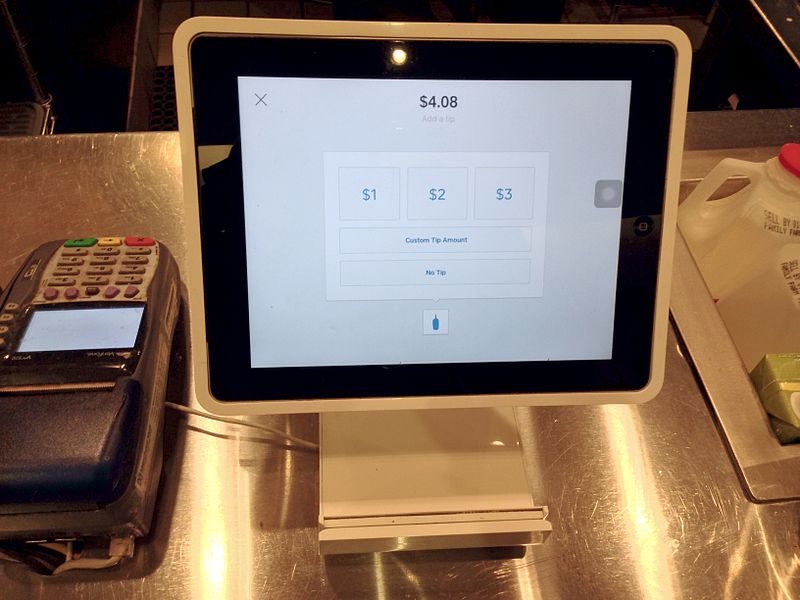Is Square Really a Great Option for High-Risk Merchants?
Last Updated on September 28, 2020 by
If you’ve gone into a coffee shop, ordered from a food truck, or visited a pop-up retailer, you’ve probably seen the Square POS stations and credit card machines. Or maybe you know a freelancer or musician who uses Square for clients to pay them immediately rather than mailing a check.
Square has been a great way for solo entrepreneurs and new business owners to accept credit cards without going through the traditional rigamarole of signing up and qualifying for a merchant services account from an acquiring bank.
But these merchants and creative professionals are starting to sour on Square because the company is implementing some unusual charging practices that are hurting merchants, regardless of whether they’re considered high-risk.

In other words, it’s September now, which means your rolling reserves from May have been released, and your June reserves will be released around the end of the month or the beginning of next month.
Businesses using Square, meanwhile, are beginning to sour on the company. For starters, they’re spending more to process payments. In 2019, Square changed its pricing structure in a way that proved especially costly for small-dollar purchases. Based upon at least one analysis I read, for example, a business processing a $5 coffee purchase through Square now pays 23 cents, up from 14 cents a year ago.
Now, the company is holding back significant shares of individual merchant receivables in the form of rolling reserves as a hedge against chargebacks. Square, in a blog post, said these reserves are assessed only on “risky sellers,” and that it holds reserves on “fewer than 0.3 percent” of sellers.
The issue is that many of these “risky sellers” are not actually risky at all. They may fall in the rather broad category of “risky,” but they don’t have a history of chargebacks and disputes. (For example, The New York Times wrote in June about a construction contractor that had had thousands of dollars withheld from his company by Square.)
As a merchant services provider specializing in high-risk accounts, we know how much of a pain it is to have to deal with rolling reserves over fears of chargebacks. And when sales are down and revenue is tight, that’s not a good time for merchant services providers like Square to withhold funds because you might have a chargeback.
Yes, chargebacks are a pain and they cost more than you could give in a refund. But that doesn’t mean Square should withhold 30 percent of all of your credit card sales.
While they may happen from time to time, there are plenty of steps merchants can take to reduce chargebacks on their end, which can help prevent the credit card companies from putting merchants into their “monitoring” programs which result in higher fees and penalties. We show companies that work with us how to reduce those chargebacks, which not only protects them, but it saves them plenty of money and helps them avoid that punitive rolling reserve that square seems to randomly put their own customers into.
Are you ready to think outside the Square? Are you tired of the rolling reserves and waiting for your money to finally be released? Corepay can help. To learn more, please visit our website or call us at (866) 987-1969.
Photo credit: Z22 (Wikimedia Commons, Creative Commons 4.0)
We appreciate you following Corepay’s blog. Let’s collaborate, send us your article suggestions, questions, and/or feedback to: [email protected].
